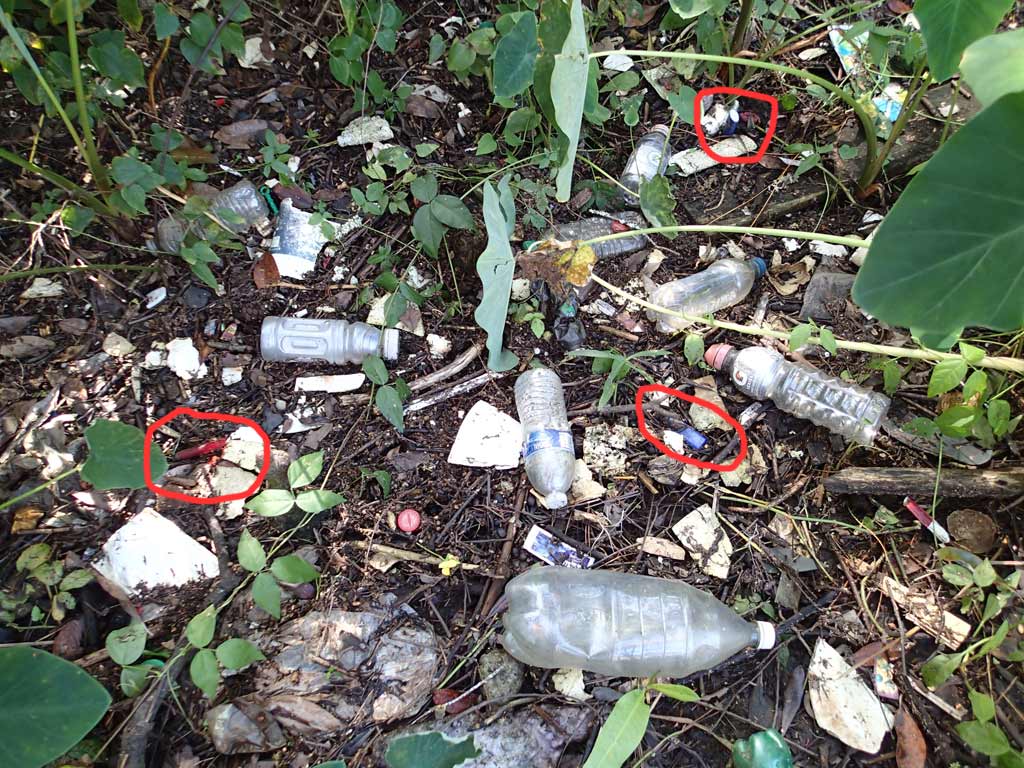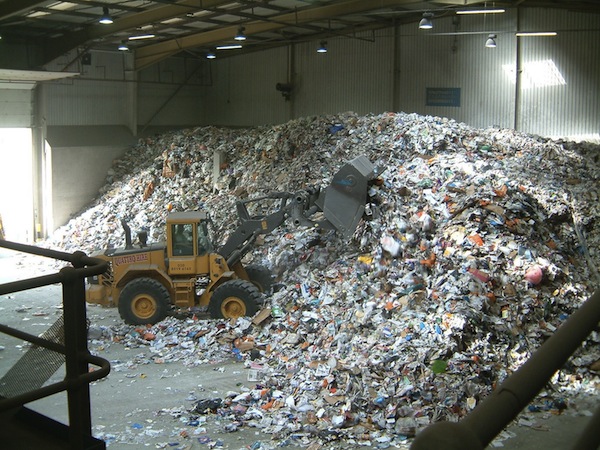The volume of PLASTIC CONTAINERS tossed in Massachusetts:
Contrary to the hysteria, the SKY will NOT fall by expanding the BOTTLE BILL!
Life is simple!
We can't make every JERK be responsible for his own litter, but we can INCENTIVIZE it to make it worthwhile to retrieve.
As Massachusetts taxpayers, we can reduce the MUNICIPAL DISPOSAL COSTS to our communities by removing this volume.
Bottle bill foes hope you buy in

By Yvonne Abraham
| Globe Columnist September 14, 2014
Aram Boghosian for the Boston Globe/File
Now that the primary is over, the ballot question battles begin. On Question 2 — the proposal to expand the state’s bottle deposit law to cover water and other unfizzy drinks — you’re going to get hit with the best ads the deep-pocketed beverage industry can buy. So far, they’ve put a whopping $5.4 million into the campaign — more than the casino bigs desperate to stop a repeal of the state’s gambling law. Groups backing an expanded bottle bill (who have raised a meager $145,000 so far) say they expect the industry to pour in at least $5 million more. Hey, money is no object when it comes to protecting their profits.
Truth be told, this bottle bill shouldn’t even be on the ballot. A recent Globe poll showed 62 percent of voters favor it. And 209 of the state’s 351 cities and towns have passed resolutions supporting it.
On Beacon Hill, it has been supported by at least a hundred legislators, and the governor. The Senate has approved it. But time and again, House speakers have refused to allow it to the floor for a vote, fearing the wrath of the voters who might think it’s too much like a tax. It’s hard to recall another case where the will of so many people was thwarted so utterly, for so long.
Now beverage and retail lobbyists are emerging from behind the closed doors of Beacon Hill to persuade you to vote “No” on Question 2. They’ve set up a website that appropriates the green and blue colors of the environmental movement to convince you we’re all on the same yes-to-more-recycling team.
A few inconvenient facts get in their way, however. In Massachusetts, we buy 3.5 billion drinks in on-the-go containers each year. Only a third of those get recycled. The rest — enough to fill Fenway Park — are tossed in the trash, ending up in landfills, where they last close to forever, and cost cities and towns more than $7 million a year. The vast majority of those are containers that carry no 5-cent deposit, holding sports drinks, water, and other drinks that weren’t around back when the original bottle bill passed more than 30 years ago. We recycle 79 percent of containers that carry deposits. And only 23 percent of those that don’t. Deposits clearly work.
But well-funded opponents argue deposits are an old idea, as if this makes them inherently bad. They say we should do more curbside recycling, rather than encouraging people to bring in empties to collect their deposits. Why can’t we do both? They say expanding the bill will cost $60 million, though their website doesn’t make it clear who’ll be paying this sum: Consumers will be able to get their deposits back. The beverage companies claim to be worried about consumers, to whom, they say, they’ll have to pass along any extra costs. While it’s truly touching that the same guys who have no problem charging a buck for the exact same water you can get from your faucet for pennies are stricken with concern for their customers’ well-being, reality is not on their side.
The Massachusetts Department of Environmental Protection surveyed drink prices in several New England states and found no difference between states with expanded bottle deposit laws and those without. The same report found claims by retailers that expanding the bill would deluge them with bottles they couldn’t handle are similarly iffy: Big supermarkets (stores under 3,000 feet would not have to take empties) are capable of accepting many more bottles than they currently do.
The companies making the massive profits from these plastic containers want no responsibility for them once the drinks are drunk. They’d rather that burden be carried by municipalities, and taxpayers.
Now they’ll spend millions to convince you that you want that, too.
http://www.bostonglobe.com/metro/2014/09/13/bottle-bill-foes-hope-you-buy-yvonne-abraham/mbgQoYm7XoUCs2QEVSoOpJ/story.html




No comments:
Post a Comment